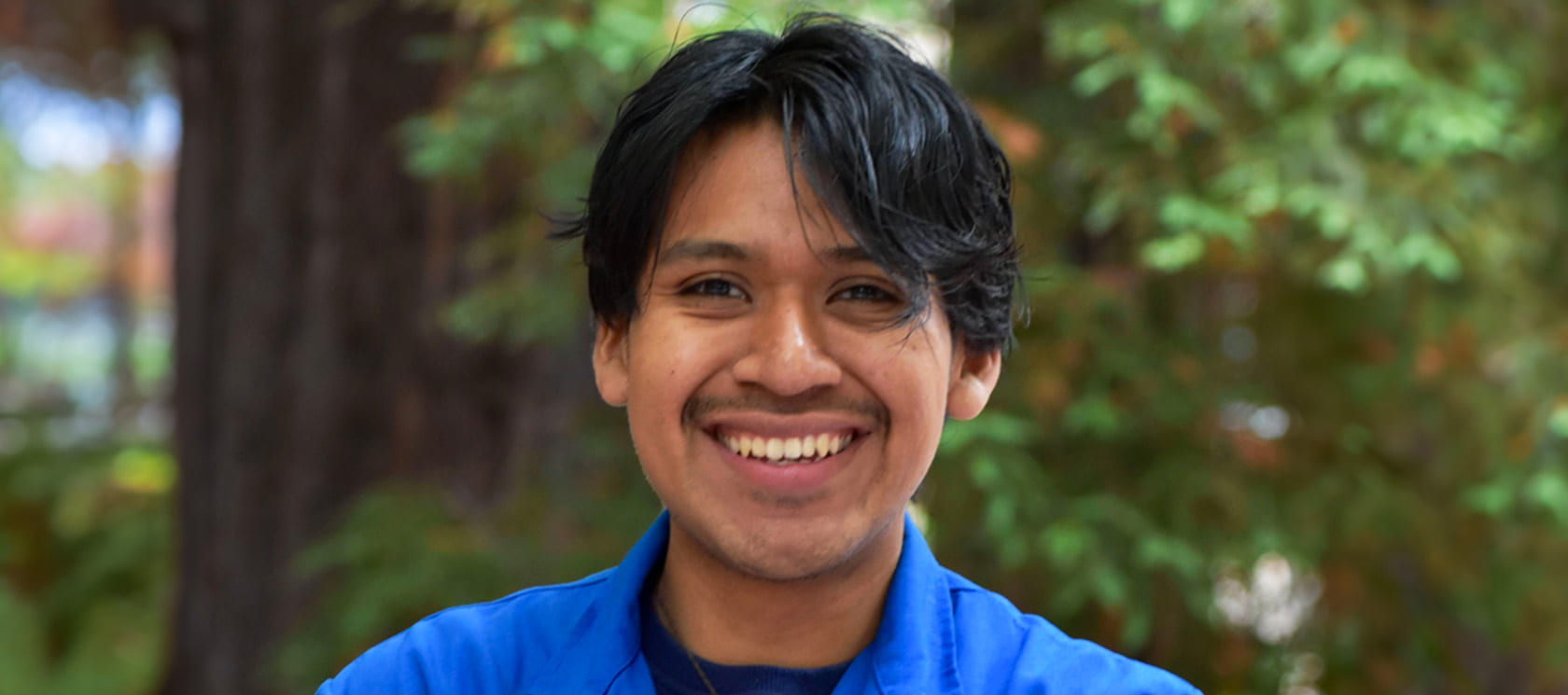What led you to pursue a higher education in STEM?
My parents are low-income agricultural workers and have always pushed the value of a traditional education. My education is simultaneously a love letter to my parents and a tool for revolutionary change. With higher education, I can help with yet-to-be understood knowledge about biology to meet the critical needs of communities like mine. My role is one that is just as much about serving my community as it is serving the scientific world.
Using my education, I can pave the path for future generations of underprivileged students to come as I serve as a mentor for those to come and as a voice for those who came before me.
How did you find out about STEMDIV, and how has your participation in the programs impacted your academic experience?
I found out about STEMDIV by chance, I just checked my emails and saw that it happened to be listed under opportunities in the Baskin undergrad newsletter. I am glad that I did apply though because it has completely shaped my time at UC Santa Cruz.
These programs provided me with community, making me feel less isolated in the sciences. I was able to feel more confident as I navigated spaces that often did not have the infrastructure in place to support students with a background like mine. We have discussions on what it means to be a person of color of science, what roles we can play within our communities. These conversations will continue to impact the way I navigate academia.
What are your plans after you graduate UC Santa Cruz?
After graduation I will be attending the University of Michigan, Ann Arbor as a PhD student for their Cellular and Molecular Biology program.
What advice would you give to students considering applying to the STEMDIV Programs?
Take this time to appreciate the amazing opportunities that surround you and the wonderful people that you’ll be able to connect with. Remember that this is a time of growth.
When I call my home I often glaze over the work that I’ve been doing here. I mention the experiments and readings I’ve been working on all week like it’s just another task. My sister will stop me mid-sentence to remind me how fantastical that all sounds: to be working in the redwoods among people with doctorates, people with Nobel prizes and million-dollar grants. We’re often surrounded by a bubble incredible people who have made some historic achievements and we forget the adversity we’ve already overcome just to be at this point.
We come from the fields but look at you now, she reminds me.

